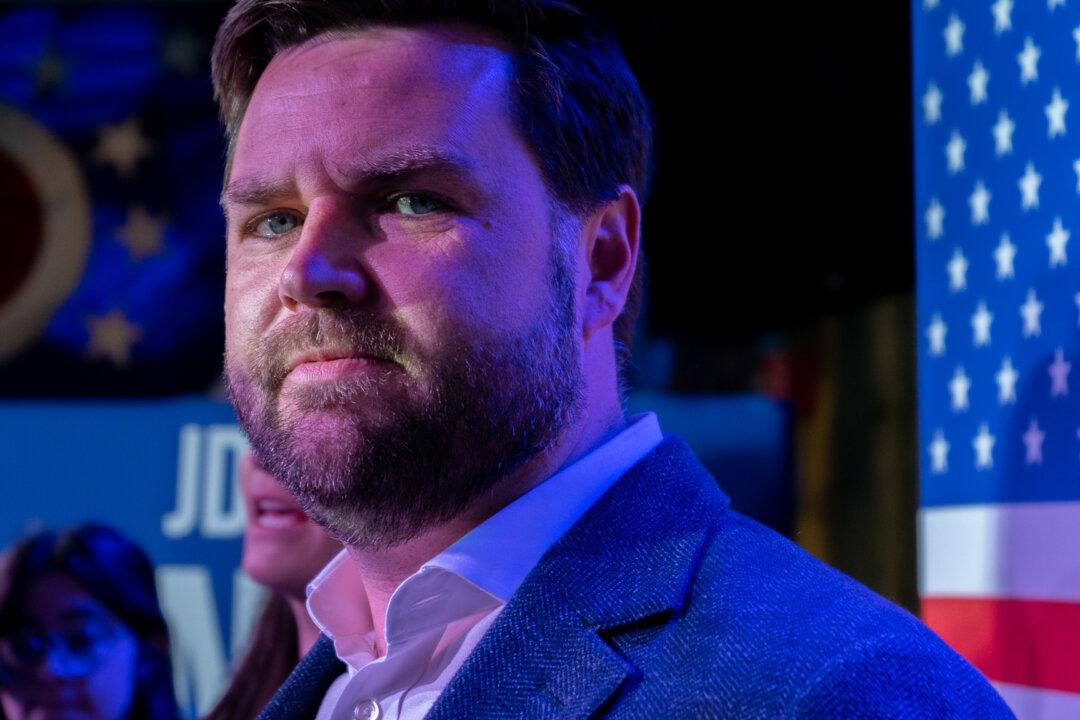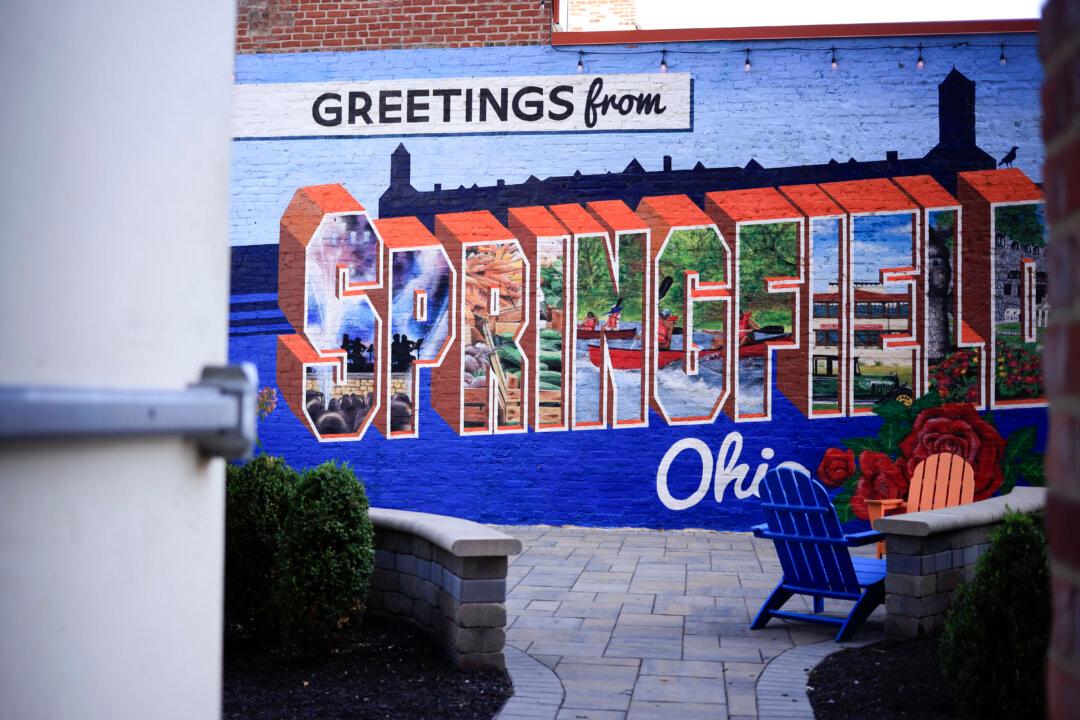A wife and a mother of three, Lisa would only disclose her first name as she stood outside Victory Christian Church in Kettering, Ohio, on April 29 following a “Faith and Freedom” rally where GOP U.S. Senate candidate Josh Mandel was joined by Sen. Ted Cruz (R–Texas).
“I want to tell you what I think, but I’m hesitant to use my full name because there is so much emotion among people,” said Lisa, who lives in Warren County, a region in southwest Ohio that is mostly conservative.





